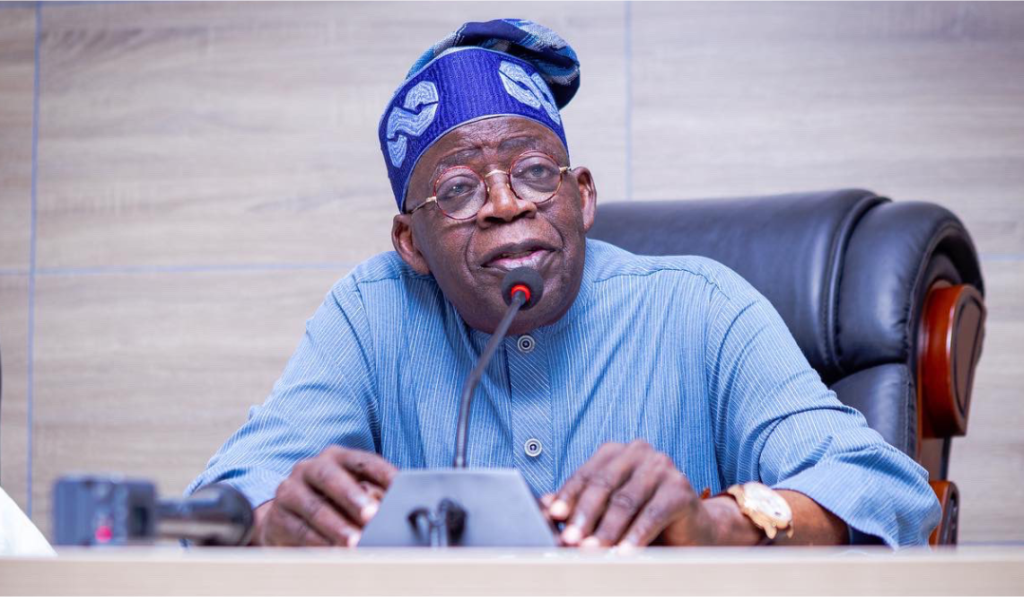Paragraph 1: The Resurgence of Violence in Plateau State
Plateau State, Nigeria, has once again been gripped by a wave of communal violence, leaving a trail of death and destruction in its wake. In the early hours of Monday, gunmen attacked the Zikke and Kakpa communities in Bassa Local Government Area, killing at least 51 people and injuring scores more. This latest incident comes just two weeks after another deadly clash claimed several lives in a different part of the state. These recurring acts of violence have become a tragic pattern in Plateau, a region marked by historical tensions between farmers and herders. The recent resurgence of attacks has fueled a palpable sense of fear and uncertainty among residents, highlighting the urgent need for effective solutions to address the underlying causes of the conflict. While the immediate trigger for the latest attack remains unclear, its consequences are devastatingly evident, further exacerbating the cycle of violence that has plagued the region for years.
Paragraph 2: President Tinubu’s Condemnation and Call for Action
President Bola Tinubu has strongly condemned the latest outbreak of violence, expressing deep sorrow for the loss of life and extending his condolences to the affected communities. He has called on Governor Caleb Mutfwang to demonstrate political resolve in addressing the root causes of the conflict and establishing lasting peace. Tinubu emphasized that the recurring violence, stemming from misunderstandings between different ethnic and religious groups, must cease. He has urged community, spiritual, and political leaders to collaborate in halting the cycle of retaliatory attacks that continue to devastate the region. The President acknowledged having previously discussed the issues with Governor Mutfwang, offering suggestions for achieving lasting peace. He stressed the need to move beyond simply addressing the criminal elements involved in the killings and tackle the underlying issues that have fueled the conflict for over two decades.
Paragraph 3: The Need for a Comprehensive Solution
President Tinubu’s call for a comprehensive approach to resolving the conflict in Plateau State reflects a recognition that sustainable peace requires more than just security measures. He has directed security agencies to thoroughly investigate the recent attack and identify those responsible, but also emphasized the importance of addressing the root causes of the conflict. This includes fostering dialogue, promoting social cohesion, and ensuring accountability. The President reiterated the Federal Government’s commitment to supporting the Plateau State government in these efforts, highlighting the need for a collaborative approach involving all stakeholders. This comprehensive approach is essential to break the cycle of violence and build a foundation for lasting peace.
Paragraph 4: Eyewitness Accounts and Humanitarian Crisis
Eyewitness accounts paint a grim picture of the attack, with gunmen invading the communities, shooting indiscriminately, and burning houses. The attack, which reportedly lasted for over an hour, left many injured, with some requiring evacuation to the Jos University Teaching Hospital for urgent medical attention. The humanitarian crisis is unfolding as residents grapple with the aftermath of the violence, and the need for blood donations for the injured underscores the severity of the situation. Amnesty International has also condemned the attack, highlighting the security lapses that allowed the violence to occur and calling for a thorough investigation. The organization also noted that the gunmen razed and looted homes, adding another layer to the devastation faced by the affected communities.
Paragraph 5: The Complex Dynamics of the Conflict
The conflict in Plateau State is often portrayed as ethno-religious, with clashes between Muslim herders and Christian farmers. However, the underlying causes are complex and multifaceted, with factors such as climate change, competition for dwindling resources, and the reduction of grazing land due to agricultural expansion playing significant roles. Understanding these complexities is crucial for developing effective solutions. Local youth groups like the Berom Youth Moulders Association have called for the designation of Fulani militants as a terrorist organization, highlighting the persistent attacks on Plateau communities and advocating for legislation that allows citizens to acquire arms for self-defense. These calls reflect the growing frustration and desperation within communities facing ongoing threats.
Paragraph 6: Security Response and Rescue Efforts
Amidst the violence, there have been some positive developments. Troops from the 3 Division of the Nigerian Army and Operation Safe Haven successfully rescued 16 passengers who had been kidnapped along the Jos-Mangu road. The rescue operation was initiated after troops discovered an abandoned vehicle, prompting a search of nearby bushes where the passengers were being held captive. The kidnappers opened fire on the troops, but were overwhelmed by superior firepower, forcing them to flee and allowing the safe rescue of all 16 passengers, including six children. This successful operation provides a glimmer of hope in a challenging security environment, demonstrating the capacity of security forces to respond effectively to these threats. However, the ongoing violence underscores the need for sustained security efforts and a comprehensive strategy to address the root causes of the conflict.


